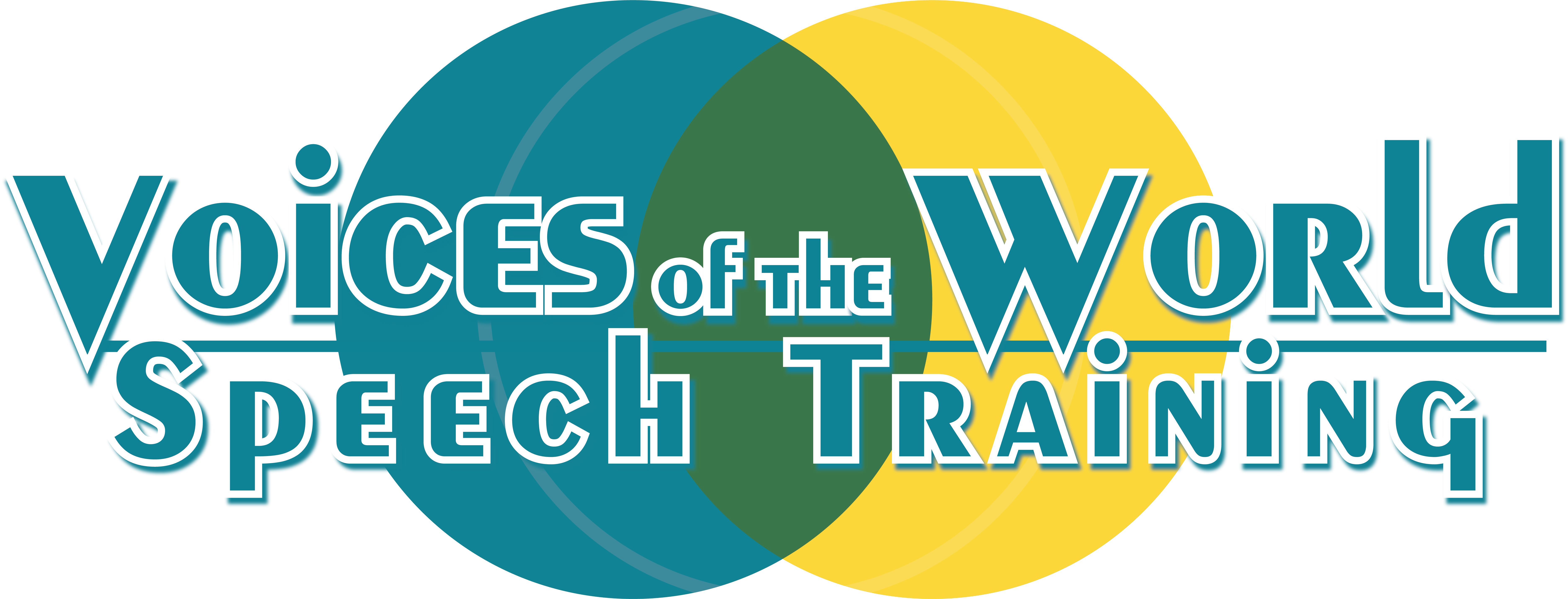
23 Mar Another Practical Lesson: “bus” vs. “buzz”
One feature of every accent I have worked with is difficulty with voicing of consonants. What is “voicing” anyway? Well, we will get to that. To start, did you know that there’s a difference in pronunciation between the words “bus” and “buzz,” between “place” and “plays,” and between “tight” and “tied”? Maybe you know there’s a difference, but do you actually pronounce the words differently in conversation?
Let’s start with a brief (and extremely simplified) anatomy/physiology lesson. You may have heard of your vocal folds (same thing as vocal cords), which are located in your throat. When producing sounds, your vocal folds are either relaxed and apart or they are pulled together. When they are relaxed, air coming from your lungs moves up through your throat without any real barriers. When they are pulled together, the air has to escape through the closed folds. Long story short, the pressure from the air causes the folds to vibrate, making a buzzing sound. For those who are interested, you can read more about vocal fold vibration and the Bernoulli effect here.
When you produce speech with the vocal folds apart, the resulting sound is like a whisper. Sounds made in this way are called “voiceless” sounds. Some voiceless sounds include “f,” “t,” and “s.” When your vocal folds are pulled together, the resulting sound has a “buzzing” quality to it. We call sounds with the buzzing quality “voiced” sounds. You can actually feel the vibration of your vocal folds if you put your fingers on the front of your throat while you say a voiced sound such as “g,” “z,” or “v.”
In many languages, the distinction between voiced and voiceless sounds is not as important as it is in American English. Take the words “bus” and “buzz.” These two words sound different when pronounced with an American English accent. When pronounced with a different accent such as a Russian or Spanish accent, both words might sound like “bus.” While many non-native speakers are able to form a “s” and a “z” sound, they don’t make this distinction in conversation, especially at the ends of words.
So now you know about voicing…. What next? Practice! Try the word pairs below, working to make the two words sound different from each other. You can put your fingers on the front of your throat while you say the word to see if you can feel the buzzing at the end of the words in the left column.
1) Leave Leaf
2) Buzz Bus
3) Plays Place
4) Tab Tap
5) League Leak
6) Badge Batch
Do the words sound the same or different when you say them? Need a little bit more help? Get in touch with us at Voices of the World Speech Therapy and we will help you out! Your initial consultation is free. Check out our website at www.AccentReductionAustin.com or give us a call at 512-431-7331.
